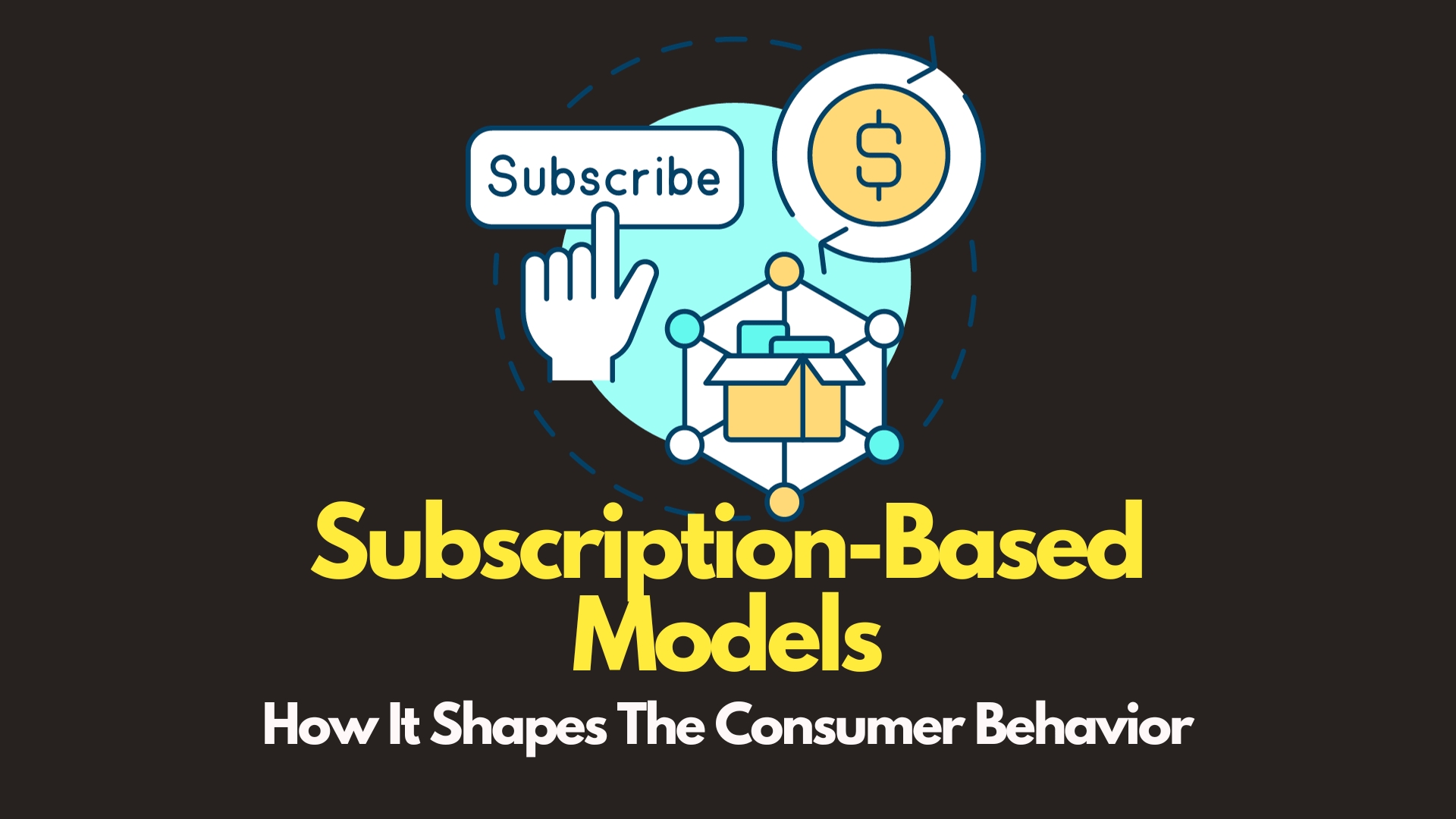Published
- 3 min read
Consumer Behavior in Subscription-Based Models

Key Takeaways
- Subscription services appeal to consumers’ desire for convenience and customized experiences.
- Psychological factors such as perceived value, fear of missing out (FOMO), and commitment consistency play significant roles.
- The perception of being part of a community and having a personalized service fosters brand loyalty.
- Insights from recent studies suggest that attachment and satisfaction levels, as well as utilitarian and hedonic motivations, influence subscription service popularity.
Understanding the Psychology Behind the Popularity of Subscription Services
Subscription services have become a staple in our modern economy, from streaming platforms to monthly beauty boxes. But what is the psychology that drives this trend? Let’s dive into the factors that make subscription models so appealing to consumers.
The Allure of Convenience and Customization
One of the primary reasons subscription services have soared in popularity is the convenience they offer. Consumers appreciate the ease of having products or services delivered regularly without the need for repeated decision-making or purchases. This ties into the modern consumer’s desire for efficiency in their purchasing habits, which subscription services cater to perfectly.
Customization is another significant factor. Subscription services often allow consumers to tailor their experiences to their preferences, enhancing the perceived value of the service. This personalized approach not only meets specific consumer needs but also fosters a sense of individual attention, which can lead to higher satisfaction and loyalty.
Psychological Triggers and Subscription Services
The subscription model taps into several psychological triggers. For instance, the fear of missing out (FOMO) can drive consumers to subscribe to services to ensure they have access to the latest products or content. Moreover, the principle of commitment consistency, where consumers continue to subscribe to validate their initial decision, can also play a role.
Furthermore, subscription services often create a sense of community among their users. This can be seen in the way subscribers share their experiences on social media or engage in discussions about the content or products they receive. This communal aspect can lead to increased attachment to the service and brand loyalty.
Insights from Recent Research
Recent studies have shed light on the nuanced psychological factors at play in the subscription economy. For example, research suggests that consumers are less concerned about privacy when using subscription-based services, possibly due to a perception of a more consumer-serving motivation by the providers. Additionally, the timing and nature of customer participation in subscription services, such as providing feedback or customizing options, can influence their spending and opt-in decisions.
Attachment theory has also been applied to understand consumer behavior in subscription models. A secure personal attachment to a brand or service can positively affect attitudes towards adoption. This indicates that fostering strong brand relationships can be crucial for subscription services.
In the realm of online grocery retail, it has been found that while subscription customers tend to spend more and purchase more frequently, this can sometimes negatively impact the retailer’s incremental profit. These insights can help subscription services fine-tune their models for better profitability and customer retention.
The Role of Consumption Motivation
The motivation behind consumption plays a significant role in the success of subscription services. Whether it’s for utilitarian purposes, such as the need for regular product replenishment, or hedonic reasons, such as the joy of receiving curated items, understanding these motivations can help businesses tailor their services accordingly.
Conclusion
The popularity of subscription services is deeply rooted in psychology. By understanding the factors that influence consumer behavior, businesses can create subscription models that not only meet the needs of their customers but also build lasting relationships.